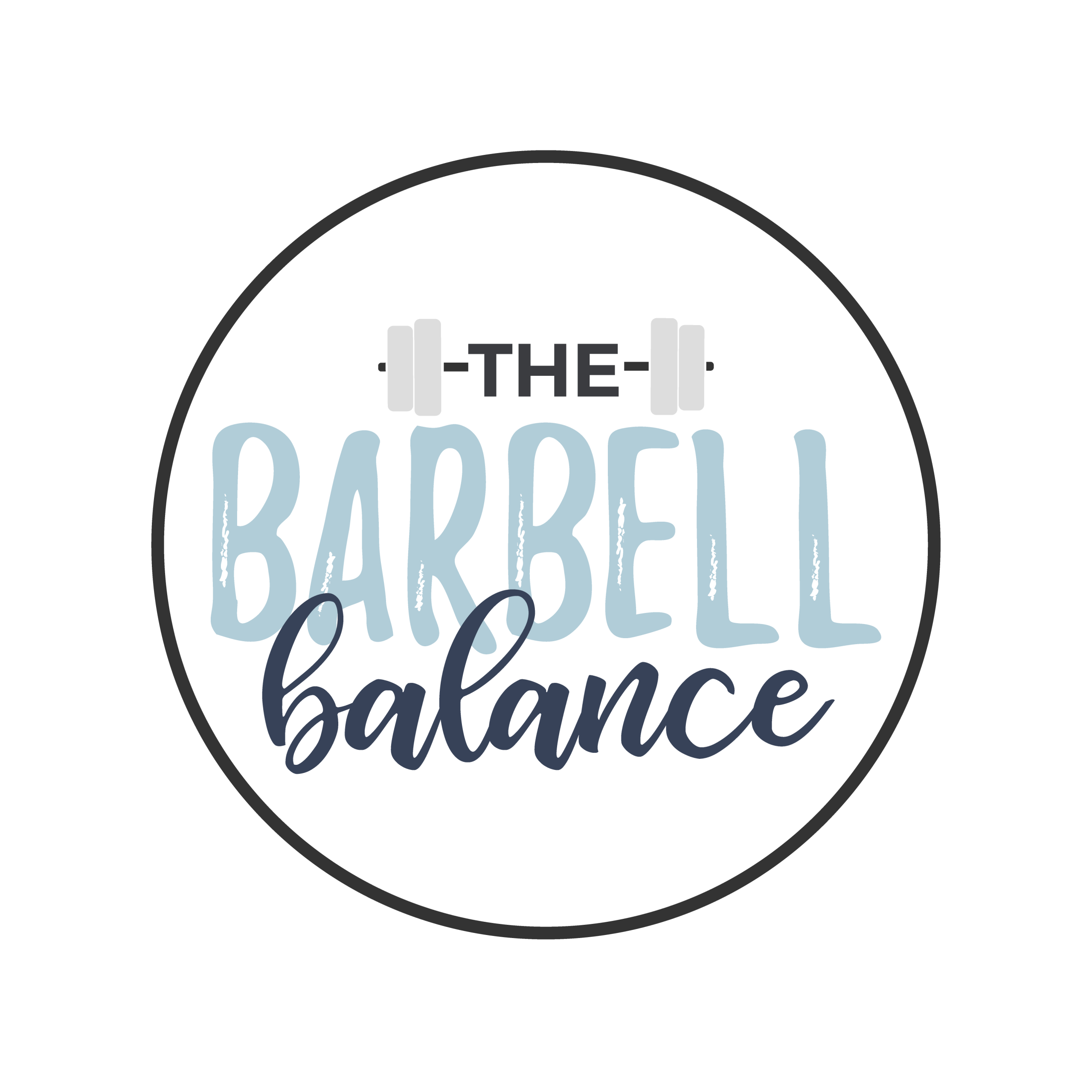It’s Not Ok To Not Be Ok
I was inspired to write this thanks to Jessie Mundell, a prenatal and postnatal fitness expert, here in Canada. She sent out and email simply to check in. She wrote about how althought, it’s great that the messages across the internet were telling those who are experiencing depression to reach out, isn’t enough.
With the most recent celebrity suicides, Kate Spade and Anthony Bourdain, who’s deaths have been reported due to depression, appeared to have everything on the outside. But the struggle is always silent behind the scenes. As more information is begin released, we are understanding more and more the despair they were feeling in their final moments.
In my expereince, the hardes thing to do is reach out. And reaching out doen’t always look the way you expect. There are actions, some subtle and others obvious. However, these action often go unheard.
People living with depression do reach out for help. It may not look that way from the outside looking in, but I bet they’ve reached out in more ways that they can count.
The messaging “it’s ok to not be ok” or “reach out if you need help” is a disservice in the darkest moments of depression. If you want a better way to support a friend or loved one, I include a few down below.

My journey with depression and anxiety
My earliest memory of knowing something wasn’t right was at 8 years old. I told my mom I wished I was dead. I had expected her to hold me as tight as possible. But what I got would define how I would deal with these emotions for most of my life.
When I was scolded and told to go to my room, I was confused. I just said something I had been thinking about since even earlier in my childhood which made me sad. The thought of wanting to be dead was so regular for me. When I said it out loud for the first time, I needed to know my life was worth living. In that moment, I felt like I meant nothing.
Now, my mom wasn’t upset because my thoughts of death angered her. They scared her and that’s what made her angry. In her way, she felt she was protecting me. She was scared and reacted.
The only thing I learned was to be quiet.
For the years that followed, my emotions turned inward. I thought I was fat and ugly. I was desperate to change how I looked on the outside. Maybe, that would change how I felt on the inside. That never happened.
I was competitive for my mother’s attention. My younger brother was what was labeled at the time as “special needs” and required so much more of my mother’s time. I became angry and started to lash out just to get something. Anything.
My behaviour was brushed off as normal. My mom would often say “she’s 10 going on 16.” But the truth was I needed to be heard and no one was listening. I was a kid getting pissed off because she wasn’t getting her way.
I would often get punished for my outbursts. Grounded and sent to my room without the opportunity to express myself. And If I did try to explain, my explanation would be dismissed.
I don’t blame my mom, I know she was at her max. On her own with 2 little kids, barely able to keep food on the table and a child who was living with physical and mental delays must of been hard. I can’t imagine. I don’t want to imagine.
She was only doing her best to raise 2 children. She was trying to be strong and hold her own shit together, only at that time, there were no solid resources. Depression was something to be ashamed of. it meant you were a failure and some sort of coward. The stigma was much harsher on people who were struggling. People just weren’t open and hid in silence.
My life was changing, we were moving and I was going to a new school. Although, I was not a great student, I felt safe at school. IT was the only place I could be happy. It was a place where I felt I belonged.
In grade 5, my teacher noticed I was troubled and reached out to my mother. His concerns, along with my own were swept under the rug.
Then my life was really flipped upside down.
I spent grade 6 and 7 bullied beyond belief. I was made fun of because of my looks, my clothes, my teeth, and my body. A boy in my class even told me to close my legs because I smelled like my father. The joke was on him, my father bailed when I was 2.
There was even a time where I was threatened by a baseball bat by a boy in my class. My life as a kid was torture.
I would tell the teachers, and they did nothing. So for the longest time, I kept quiet. I don’t even think I told my mother how badly I wanted to die. I couldn’t take the pain of being hated by the world I lived in.
I became an angry shell of a kid who wanted out. I imagined my death often.
I reached a point in my early teens were getting yelled at became unbearable. Anytime I tried to open up when I needed to, I’d be punished. I wasn’t acting out because I was a bad kid. I needed help and didn’t know how to get it. My emotions made my mother uncomfortable.
My early 20’s were pretty destructive. There was no such thing as moderation. If I drank alcohol, it was to fall down. I needed attention and getting drunk gave me the confidence to get it.
Being surrounded by toxic relationships validate this behaviour. My friends were just drinking buddies and there was nothing genuine about that. That’s what I felt I deserved.
I had left school and was getting fired from almost every job I had. My priority was to drown myself in my misery. I was completely numb and it felt good to not feel the pain I was in. I didn’t know how to live without getting loaded on a regular basis.
When I met my husband, then boyfriend, it was the first time anyone took the time to understand me. He talked to me like a human and it was genuine.
I prepared myself for him to turn nasty, like the others did. He was too good to be true. Even my mother thought so. But 3 years later, he married me.
It wasn’t until I became pregnant with my oldest, 5 years into our marriage I started to feel that same feeling I had as a child. I didn’t have my vices to numb me. I had to deal with every negative feeling. Somehow, I got through it by focusing on meeting our new baby and planning our lives as a family.
Immediately after my son was born, I hated everyone. I was lying in my hospital bed and I was angry. I didn’t know why. This sweet little baby, I wanted for so long was born. It wasn’t making sense to me.
I said nothing.
I was afraid to hold him and every time I needed to feed him, I cried. I didn’t want to hold him because I thought I’d break him. I cried for months after his birth. And still, I said nothing.
My son was a year half when I hit bottom. I had been awake for 48 hours because my thoughts kept me awake. This wasn’t unusual but I was sick and tired of being sick and tired.
I booked an appointment to talk with my doctor. I was diagnosed with severe depression and put on medication to help with my symptoms. That night was the best sleep I had in a long time.
Till this day, I’m still managing my mental health. After my next 2 births, I went on antidepressants to help with my mood. It’s also important for me to focus on my self-care, which I’m not the best at. But I make it work.
Therapy has also been my saving grace.
Whenever we see a high profile suicide, social media is flooded with messages to reach out. Although, it’s great to show your support, this isn’t exactly the most effective way to help a person struggling with depression.
I can tell you from experience, I reached out a million times over my lifetime. I reached out to family, friends, obsessive fitness and eating behaviours, alcohol,and toxic relationships. I spent years screaming for help but no one was hearing me.
Even saying things like “it’s ok to not be ok” can come across as dismissive. Sure, it’s ok to have bad days, they happen to us all. But when another human being is in the midst of a darkest period, it’s not ok to not be ok. They need to be helped.
In my darkest moment when my oldest was only a year and a half, I was tired of reaching out. I locked myself in the bathroom, filled up my bathtub, and thought about the ways I should end my life. I was so beaten up and exhausted of living.
The thought of my husband finding me and having to explain to our son why he doesn’t have a mom snapped me out of it. I had one more good reason to reach out and I’m glad I did. Because my life is worth living. It’s beautiful and I see that now.
Sadly, many people with depression don’t get that last shot and my bet, they’re tired of reaching out. They’ve had enough of their emotions dismissed my everyone who doesn’t understand them.
When you want to support a person who seems to be dealing with depression, here are a few ways you can do so.
- Although, well meaning, statements like “at least you…” can feel dismissive and judgemental. To give the person support, thank them for trusting you with their feelings, validate their concerns and listen.
- Avoid being a problem solver by asking them if they tried (insert suggestion). Chances are, they have looked into pretty much every option they could find on google.
- Offer to take on a couple of their usual responsibilities within your limits. If they have children, offer to watch them for a couple hours. If they haven’t been to the grocery store, offer to pick up a few things when you go.
- Ask to stop in for a visit and bring coffee or lunch. Always ask for for permission.
- Chances are if you ask if there is anything you can do, they may say no. Depression can be overwhelming. This makes it hard to make specific decisions about what they need. Instead, when you ask if they need help, give no more than 2 options at a time. For example, ask “can I get you some coffee or tea.”
- Please don’t tell them to reach out if they need. Again, the thought of reaching out can be stressful. It’s extremely difficult for a person who is dealing with depression. If you’re concerned, you need to be the one to reach out.
- Don’t take no responses personally. Your support is being heard. keep asking. And don’t give up.
- If you are concerned for the persons safety, talk to family members like a spouse, parent, or another close friend and ask them if they’ve noticed the same behaviours. Be open to the person experiencing depression about your plans to have this conversation. But ,if you’re concerned about their safety or the people around them, then you may feel it’s best to proceed without permission.
- If you’ve had the conversation and feel it’s beyond your support, you may suggest they speak with their doctor for guidance. Be honest in about your concerns in a non-judgmental manner. For example, “I see that you’re struggling and I’m here to help anyway I can. It may be best to talk to your doctor who can help you set up a plan to get you some relief. You have nothing to be ashamed of and I’m proud of you for being open. It must be hard.”

Depression is complicated and it’s ok for you not to know how to provide support. But saying “it’s ok to not be ok, reach out” puts the ownership onto the person. And they may be feeling too much ownership as it is. What they may need is someone to care enough to reach out to them.
Terrell Baldock
Ready to maximize your postpartum fitness performance? Get my


